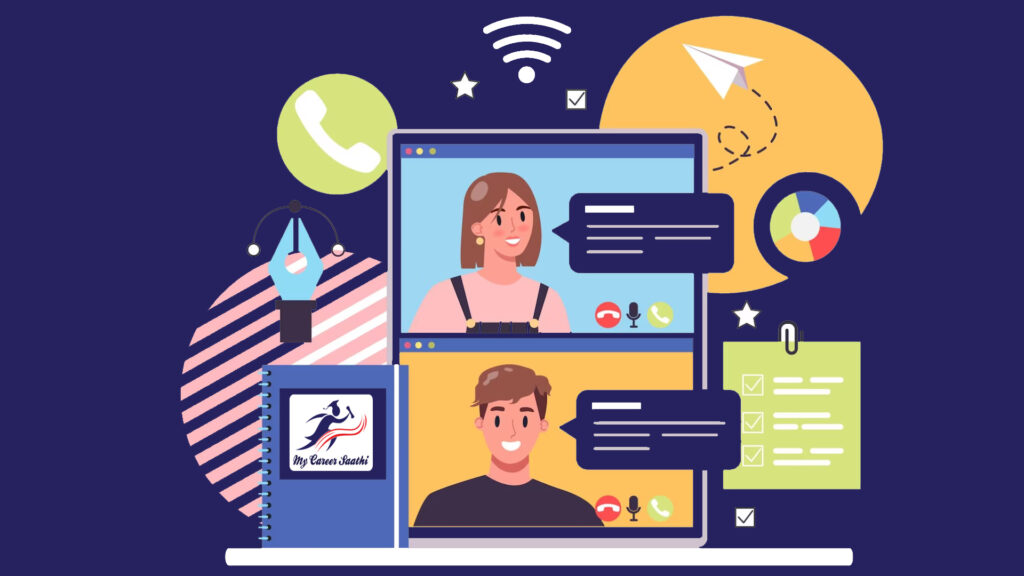Choosing a career is one of the most important decisions of our lives, and it can be overwhelming to make such a decision, especially when there are so many choices and directions one can take. The good news is, career counselling is available to help individuals make informed decisions about their career path. While traditional in-person counselling has been around for decades, online career counselling is becoming increasingly popular. In this blog post, we will discuss the benefits and drawbacks of online career counselling, and how to choose the right online career counselor.
Online Career Counselling and its Benefits
Accessibility: One of the major advantages of online career counselling is accessibility. With online counselling, individuals can receive guidance from anywhere in the world, as long as they have a computer and internet connection. This eliminates the need for in-person appointments, which can be challenging for those who live in rural areas or have mobility issues.
Convenience: Online career counselling is also very convenient. Sessions can be scheduled around an individual’s work or school schedule, without the need to travel to a specific location. Online career counselling is especially useful for those who have busy schedules and cannot take time off work or school to attend in-person appointments.
Cost-effective: Online career counselling can also be more cost-effective than traditional in-person counselling. This is because online career counselors do not have to pay for office space, utilities, and other overhead costs that come with maintaining an office. As a result, they can pass on these savings to their clients.
Anonymity: For some individuals, the idea of discussing personal issues in person with a stranger can be daunting. Online career counselling allows individuals to maintain their anonymity and privacy, which can help them feel more comfortable and open to discussing their concerns.
Drawbacks of Online Career Counselling
Technical difficulties: The main drawback of online career counselling is technical difficulties. Internet connectivity issues, computer problems, and software glitches can disrupt the counselling session and create frustration for both the counselor and the client.
Lack of personal interaction: Another potential drawback of online career counselling is the lack of personal interaction. For some individuals, face-to-face interaction can help build a deeper level of trust and rapport with the counselor. Online career counselling may not provide the same level of personal interaction and connection as traditional in-person counselling.
Limited non-verbal cues: Online career counseling can also make it difficult for counselors to pick up on non-verbal cues that may indicate underlying emotions or concerns. Non-verbal cues such as facial expressions, body language, and tone of voice are important components of communication, and their absence can make it challenging for counselors to provide the best possible guidance.
How to Choose the Right Online Career Counselor
Research: The first step in choosing an online career counselor is to do your research. Look for counselors who have experience and training in career counselling, and who have a good reputation in the industry. Check online reviews and ratings, and ask for recommendations from friends, family, and colleagues.
Credentials: Make sure the counselor you choose is licensed and has the appropriate credentials. They should have a degree in counseling or a related field, as well as certification or licensure in their respective state or province.
Specialization: Look for a counselor who specializes in career counselling, and who has experience working with individuals in your specific field or industry. This will ensure that the counselor has a deep understanding of the challenges and opportunities in your chosen career path.
Compatibility: It is important to find a counselor who you feel comfortable with, and who you believe can provide you with the guidance and support you need. This may require a few sessions to determine whether you and the counselor are a good fit.

